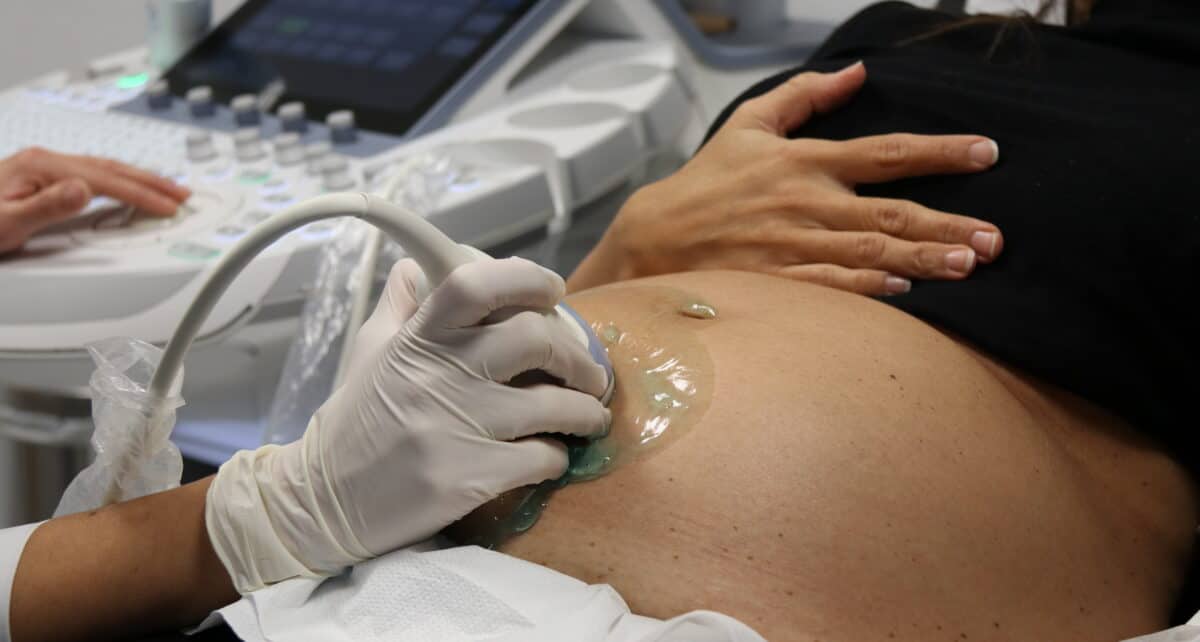2025, a key year for the birth rate: reproductive medicine continues to grow as an alternative in order to have children in Spain.
January, 14th 2025

In January, the demand for fertility treatments increases by 30%.
The beginning of the year motivates many people to make their reproductive project a priority.
In Spain, one in ten children are born through assisted reproduction treatments
With the start of a new year many couples and single women take the important step towards motherhood. After a 2024 with the lowest birth rate since records began (INE), 2025 is considered a key year to resume the increase in births in Spain.
In this regard, more and more people are turning to reproductive medicine in order to have offspring. According to the latest report by the Spanish Fertility Society (SEF in Spanish), the percentage of births in Spain by assisted reproduction out of the total is 11%.
However, experts point out that these figures are increasing every year due to different factors, including delayed childbearing, which poses an increasing challenge for reproductive medicine professionals. ‘The figure varies depending on the year, but the trend is upwards and increases the demand for the treatments we have in our Instituto Bernabeu clinics at around 30%,’ explains Dr Andrea Bernabeu, medical director of Instituto Bernabeu.
The reasons for deciding to turn to science in order to have a baby are different, although ‘there are predominantly cases in which the mother’s age is advanced and the search for pregnancy is unsuccessful after many months of attempts or, logically, also situations in which they want to begin maternity treatment alone or as a female couple’, says Dr Bernabeu.
The average age at which women have their first child in Spain is 31.5 years (INE, Statistics National Institute), being even higher among women born in Spain (32.18 years) compared to those born abroad (28.47).
The emotional level is also relevant in making the decision to go to a clinic. ‘When a year is over, psychologically is usual to take stock of what we have achieved and what we have not, and having a child is usually present, so it gives us strength to make the decision to carry out the treatment for the new year,’ says psychologist Natalia Romera, head of the Emotional Support Unit at Instituto Bernabeu.
Along these lines, Romera adds that ‘the start of a new year is accompanied by new resolutions, new goals or, sometimes, the same objective that we have been postponing during the year for different reasons. It is a good time to take it up again, because no matter how much we put it off, it is one of the most important projects in our lives. Starting the year with this project brings us excitement and hope’.
Spain has established itself as a leader in reproductive medicine, being at the forefront in the number of fertility treatments. This leadership is due to a combination of advanced legislation and the excellence of its professionals and clinics. An outstanding example is Instituto Bernabeu, which each year attracts patients from 137 different nationalities, reflecting its international prestige and the trust placed in it by people from all over the world for fertility treatments.
